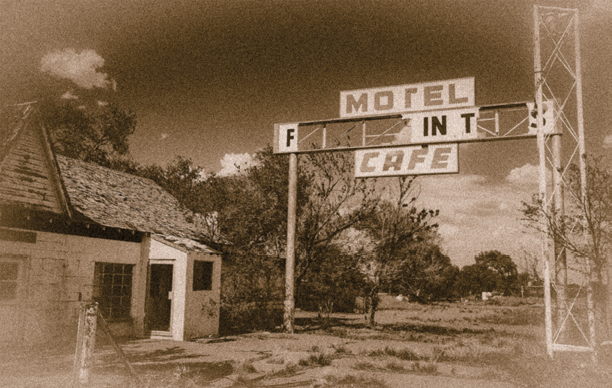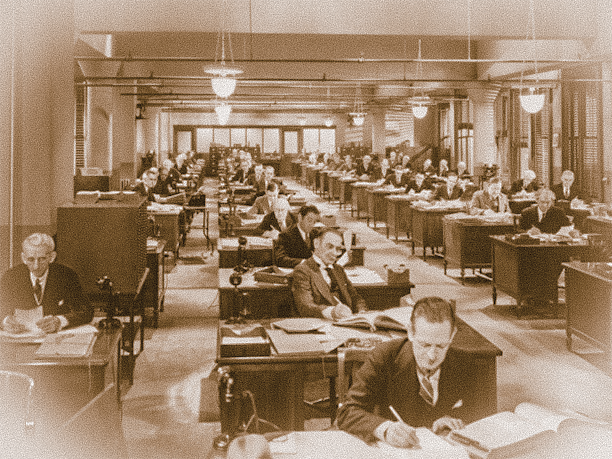Are you old? While such an inquiry may certainly not be appropriate in our modern society, this is definitely a relevant question in today’s workplace. Upon further consideration, is “old” as relevant as it has been in past years?

None of us are getting any younger. As one ages, the internal voice naturally asks, “Can I still do my job? Can I do my job well? Am I valuable to the marketplace?”
The marketplace today continues to change and requires that professionals practice agility and nimbleness. One of the obvious changes involves the length of employment. In past years, it was normal for employees to retire after 25 to 30 years with the same employer. However, these days, the average length of service is approximately three to five years.
The shift in length of employment has several impacts on “old” that include:
• If the average length of employment is approximately three to five years, then employers are no longer hiring for lifelong employment.
• Therefore, potential employees could be any age, as long as they are qualified.
• Essentially, today’s professionals are interviewing for the current as well as their next role while they are performing in their current job.
• Agility and nimbleness are required for today’s professionals to position themselves to solve current business problems while having less concern about the 20 to 30 years of experience in the same role.
In this changing marketplace, a candidate is viewed as someone who can solve the organization’s business problems. This usually involves having passion, energy, desire, ability, and being a fit with the organization’s culture. Interestingly, none of the qualifications above are tied directly to age. In fact, someone who can add demonstrated experience to the above qualifications would be more valued.
To examine the age question from another angle, who is not asking the age question? The folks who are not asking “Am I old?” are the men and women who run their own business or lead their companies in one way or another. They are heads down, problem solving and delivering value. They don’t have the time to ask “Are you old?”... and that question is simply not relevant to them.
To further highlight the shift in the hiring paradigm, employers are under significant competitive forces to deliver measurable results, efficiently. This urgency has eliminated many of the employees who “filled a seat” because their employer remembered the days when that individual once helped they company—back in the day.
Today’s business places a high value on employees who can solve problems. Think of the answer to the “old” question in terms of a word used at the top of our discussion: “Relevant.”
“Old” was relevant in previous years because, if your were older, it meant you were closer to receiving the gold watch on your way to retirement. If you were unemployed, and you were also “old,” that was usually a bad combination.

Most hiring managers don’t much care about a candidate’s age these days. They know the person they hire has a statistical three to five years with them before moving on to another job. Hiring mangers want to bring into their firms the person who can solve their business problems. What is “relevant” has moved from “age” to “Agility,” “Nimbleness” and “Problem Solving.”
“Are you old” is becoming synonymous with “Are you nimble?” I recently heard a CEO say that “nimble” is the new “smart.”
The mention of a shifting paradigm infers change and movement. With today’s business being all about change, “old” is frequently replaced by “new” and “newer.” If business is about change, and being agile is about being smart, then “old” must be about the need to be smarter.
For professionals seeking a job, if you are asking yourself, “Am I old?” you are focusing in on the wrong question. Look at your peers (by age) who are business leaders. They are not asking about age. The job market that you wish to enter, or re-enter, wants problem solvers—someone with more experience may be a better choice than a “younger” candidate.
The relevant questions for today’s job seekers are:
• What do I need to do to show I have passion?
• How can I be nimble and agile in solving business problems?
• Once I am in a new role, how do I remain relevant?
Good hunting.

About the author + Boxwood Search
Bert Sadtler is the President of Boxwood Search and a Senior Contributor for SatMagazine—There is a ongoing battle for senior level talent. A great hire can make a long term positive impact and a failed hire can prove to be very expensive. How does a company recruit and hire the right talent? It is more than just networking within the community of friends and business associates. It requires focusing on results through a process oriented approach. We are committed to reaching a successful outcome. Our recruitment method has repeatedly proven to deliver very qualified senior talent.
Contact Bert at BertSadtler@BoxwoodSearch.com for more information.



